Harnessing Technology for Cultural Preservation: Leveraging Digital Platforms to Document and Share Tarok Cultural Practices by K. D Kantak
- Home /
- blog post
Harnessing Technology for Cultural Preservation: Leveraging Digital Platforms to Document and Share Tarok Cultural Practices by K. D Kantak
Technology has become an integral part of our daily lives, transforming how we communicate, work, and access information. In an increasingly globalized world, it is crucial for the Tarok nation to not only adapt to these technological advancements but also utilize them to safeguard their cultural heritage, particularly in today's society where values and morals are under strain.
Cultural preservation involves efforts to protect, conserve, and maintain aspects of a culture, including traditions, languages, arts, artifacts, and customs, often in the face of modernization, globalization, or other threats to their survival.
The Tarok people possess a rich cultural heritage characterized by bravery, unity, language uniqueness, and respect. However, as "civilization" and modernization encroach, there's a risk of cultural erosion. Therefore, it's imperative to harness the potential of technology to ensure our culture doesn't face extinction, leaving future generations disconnected from their roots.
Harnessing technology for cultural preservation involves utilizing digital tools and platforms to document, safeguard, and promote cultural heritage. Here are some strategies:
1. Digital Archives: Establish digital archives to preserve cultural artifacts, documents, and traditions for accessibility by future generations.
2. Virtual Reality (VR) and Augmented Reality (AR): Develop immersive experiences to bring cultural heritage sites, rituals, and historical events to life, providing an educational and interactive journey.
3. Online Exhibitions and Museums: Curate virtual exhibitions and museums to showcase cultural artifacts and narratives to a global audience, transcending geographical boundaries.
4. Digital Storytelling: Utilize multimedia formats like videos, podcasts, and interactive websites to narrate stories about cultural practices, traditions, and histories.
5. Language Preservation: Create digital tools for language preservation, including language learning apps, online dictionaries, and digital libraries of literature and recordings.
6. Crowdsourcing: Engage communities in the preservation process through crowdsourcing initiatives, allowing people to contribute knowledge, memories, and materials related to their culture.
7. Social Media and Digital Communities: Utilize social media platforms and online communities to share cultural knowledge, connect with others interested in cultural preservation, and raise awareness about endangered cultural practices.
8. Digital Repatriation: Collaborate with institutions and communities to digitally repatriate cultural artifacts and materials, enabling their return to their places of origin while ensuring their preservation and accessibility.
By leveraging technology in these ways, we can not only preserve our cultural heritage but also foster cross-cultural understanding and appreciation, ensuring that the essence of Tarok culture endures for generations to come.
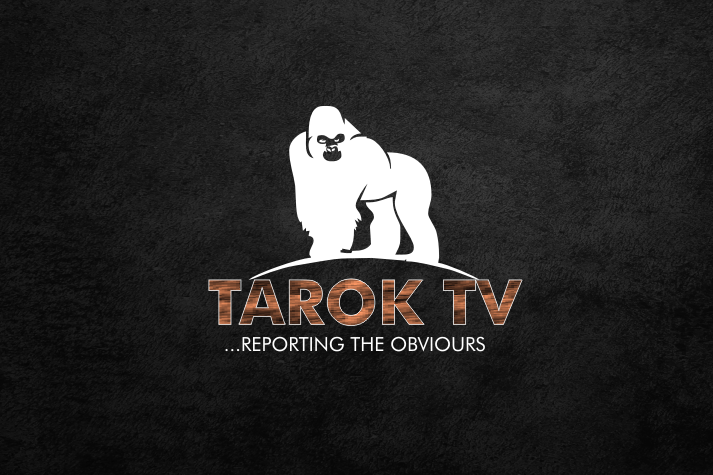
About Admin - Admin
TarokTv, ...Reporting the obvious.
Contact
Phone number: 07062319173
Email: [email protected]
Reach out to us with any news or article.
leave a comment
9 comments
Latest Articles
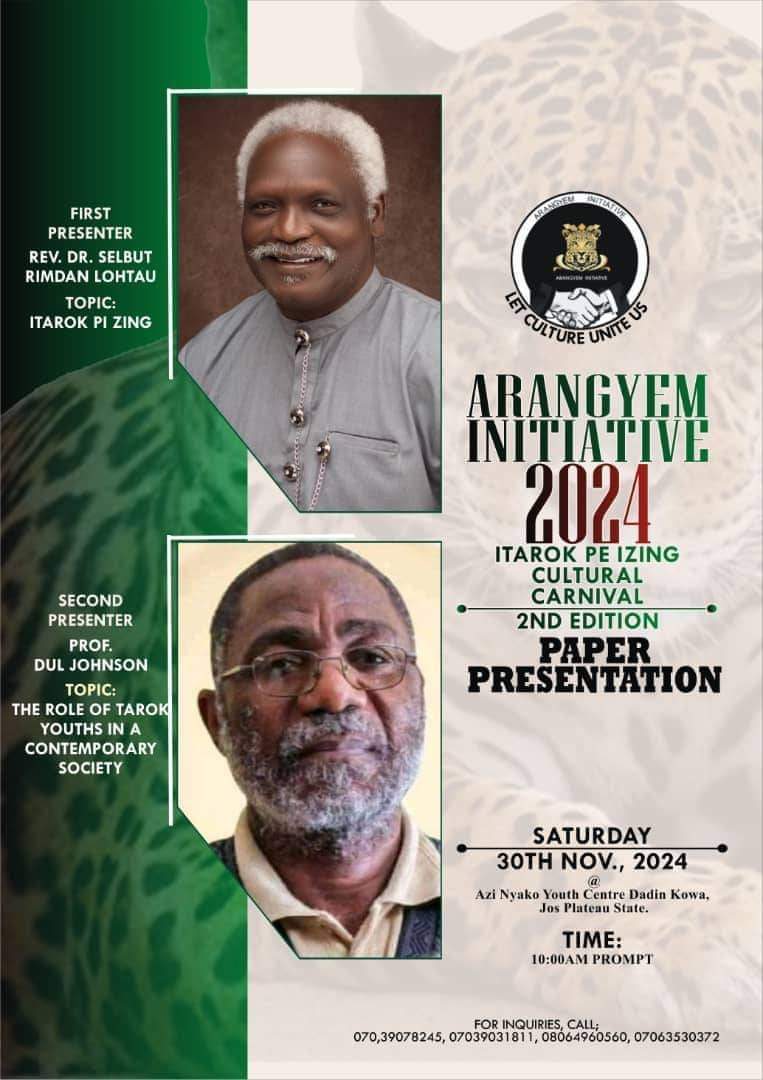
ITAROK PA IZING BY REV. DR. SELBUT LONGTAU
A PAPER PRESENTATION AT ITAROK PA IZING 2ND CARNIVAL HELD AT THE AZI NYAKO YOUTH CENTRE, JOS, 30TH NOVEMBER, 2024
… read more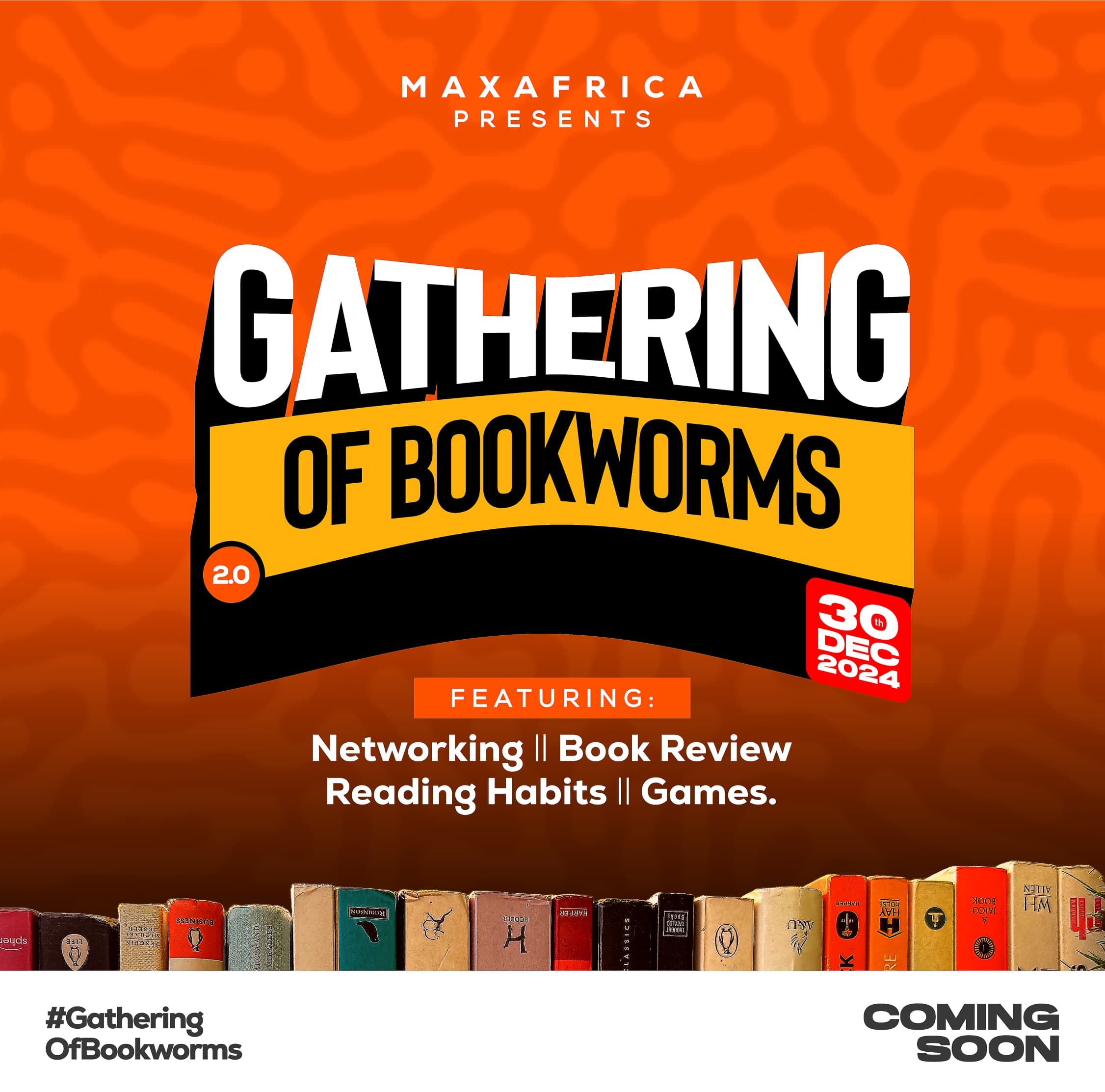
TarokTv News: The Return of "Gathering of Bookworms" - A Literary Revival in Langtang North/South
TarokTv is thrilled to announce the upcoming edition of the Gathering of Bookworms, a celebrated event aimed at uniting the…
read more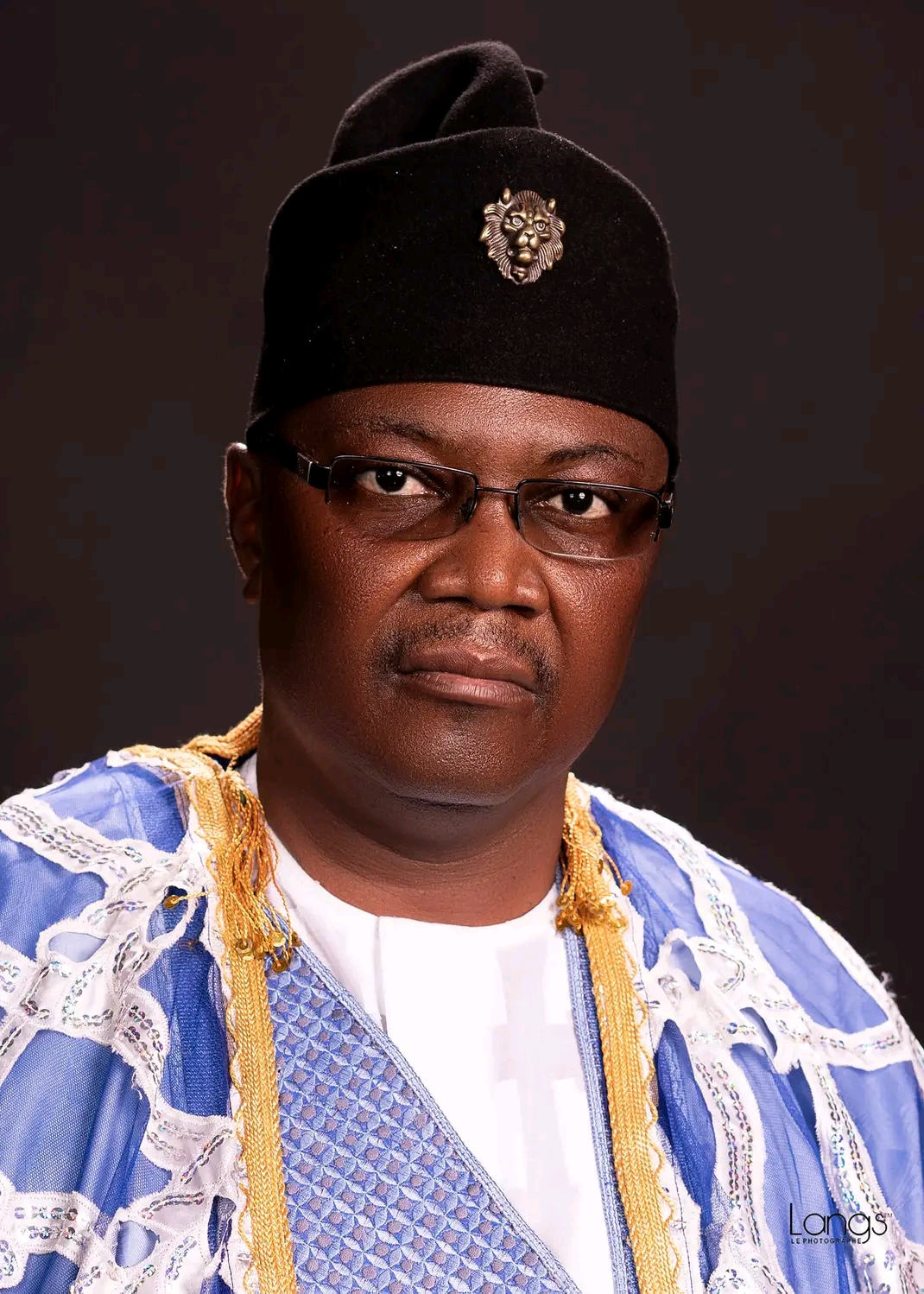
List of All oPonzhi in Tarok Land
This list is very important as I know many of you may not know the oPonzhi O'Tarok. Here is a…
read more
Fostering Inter-Generational Dialogue: Bridging the Gap Between Tarok Elders and Youth to Preserve Cultural Values.
What’s intergenerational dialogue?
Intergenerational dialogue is a meeting of any kind that brings together individuals of different age brackets…
read more
EXPLORING THE ROLE OF LANGUAGE IN TAROK IDENTITY: REVITALIZING TAROK DIALECTS TO STRENGTHEN CULTURAL UNITY PRESENTED By ESTHER SAHMAH BINKAP
Hello listeners from across the world, good evening, my name is Esther Sahmah Binkap, a graduate of Linguistics and Nigerian…
read more
Harnessing Technology for Cultural Preservation: Leveraging Digital Platforms to Document and Share Tarok Cultural Practices by K. D Kantak
Technology has become an integral part of our daily lives, transforming how we communicate, work, and access information. In an…
read moreLatest Albums
Recent videos
Latest from blog
Copyright © 2020 - TarokTv designed by Taroktv Media.


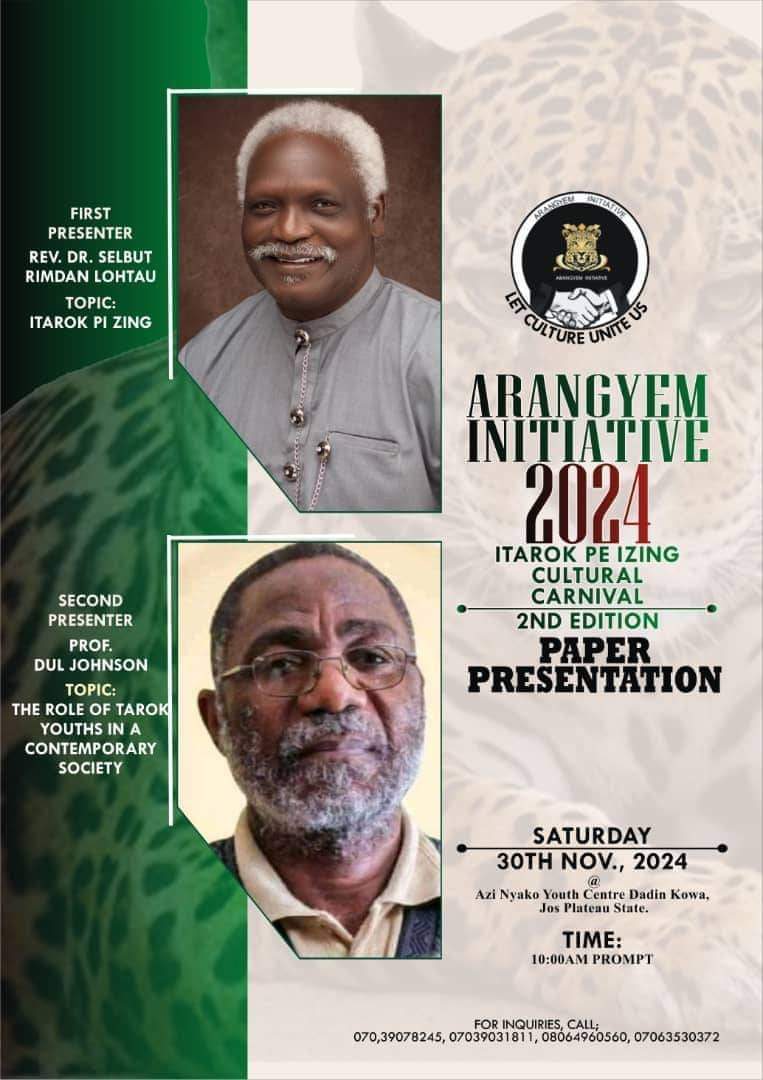
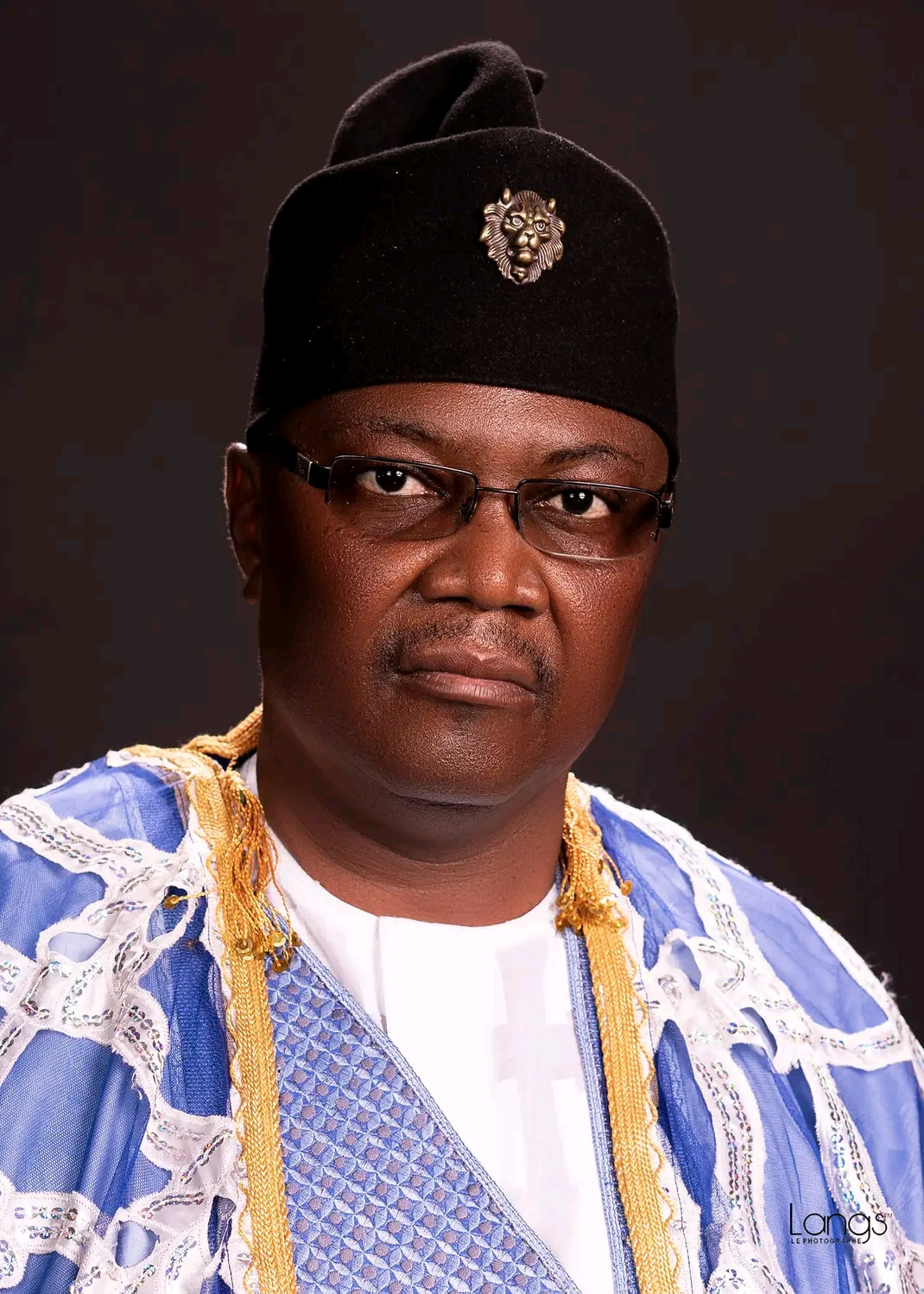



Your presentation was a topnotch as always. I pray this comes to reality with our collective ideas/support even as youth who wouldn't want to be left behind in terms showcasing culture/traditions to the wider world.